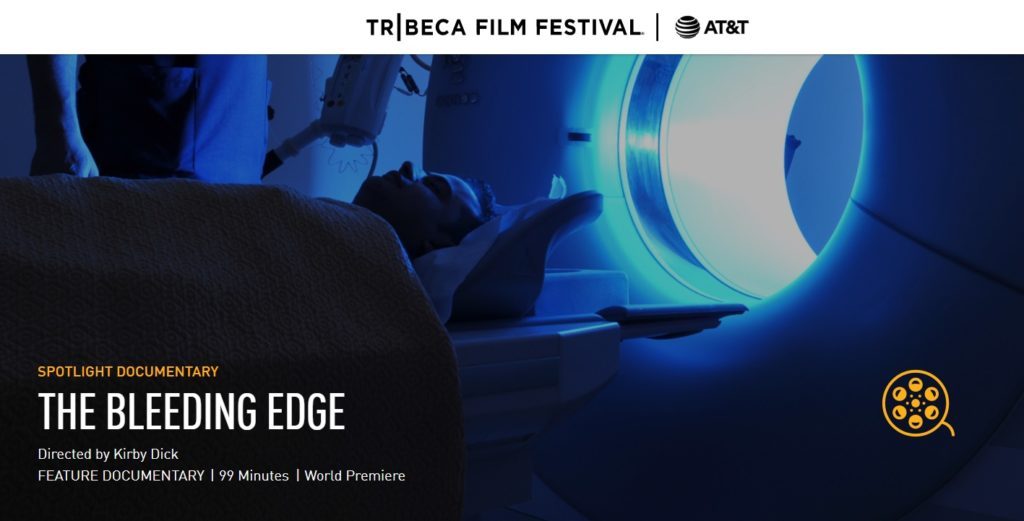

Medical devices are classified based on the risks associated with the use of the device. Within CDRH, the FDA regulates a wide range of medical devices, including, pacemakers, cardiovascular stents, respiratory ventilators, breast implants, diagnostic tests and relatively simple devices such as tongue depressors and elastic bandages. The mission of Food and Drug Administration's (FDA's) Center for Devices and Radiological Health (CDRH) is to assure that patients and providers have timely and sustained access to high-quality, safe, and effective medical devices and safe radiation-emitting products. If your segment addresses additional points from the film, please let us know as we would be happy to provide additional comments to address any inaccuracies in the film. We are not aware of whether any of the information we provided was used in this project to provide a more balanced viewpoint of medical devices. The FDA has not had the opportunity to see this documentary, but we did provide extensive responses to the filmmakers' questions, part of which we are providing below. Statements to CBS News regarding "The Bleeding Edge" from the FDA, Bayer (reproduced here in part), Johnson & Johnson, Essure and the Advanced Medical Technology Association are published below: FDA they didn't know this information," Ziering said. It has information you simply can't get anywhere else. And one of the big problems with a lot of these studies is Essure's implanted for life but these studies often followed women only for a short time, a year, year and a half, and a lot of these symptoms come up five, 10, 15 years later."

In Bayer's response to the film's claims about Essure, the drug maker cites "40 published studies involving approximately 200,000 women over two decades," which are not discussed in The Bleeding Edge." Asked to address the omission of those studies, Dick said, "Most studies are actually funded by industry and as a result they're very, very biased. "Ninety-eight percent of devices can be approved for sale without any studies in humans, meaning we are guinea pigs and we don't know it," Ziering said.


 0 kommentar(er)
0 kommentar(er)
